Shop local, save petrol: a mixed bag
Petrol prices are right up there in the gods so, theoretically at least, people are using their local shops more. Of course, ’they’ have also been told over and over again by ’them’ that not only can they not afford petrol any more, but they are Bad People for wanting to go anywhere by car any way. At any rate, it’s a mixed bag for many of you with both passing trade and local footfall.
With all the belt-tightening going on, I wonder how many of you have set aside funds for investment/promotion this year or is it on hold until the ’markets’ improve? (And if anyone out there understands how the eurozone works and why it counts, would they s’il vous plait get in touch? Danke schon.)
Certainly Amit Patel is pondering whether he can afford improvements. He trades (AP Services) near Dover and is accustomed to seeing euros. But he says it all got tougher last year. "I still think I have to invest in the business. Otherwise it’s like throwing in the towel."
Amit says the store which he hasn’t changed much since taking over three years ago looks tired and out of date. It has a lot of regular customers, both on foot and by car, but not many new ones.
He was looking for possible recommendations from an independent consultant/retailer who would visit and have a look around the store, suggest changes but wouldn’t charge an arm and a leg in the process.
I only know one retailer who fits this bill and that is Kishor Patel and he’s a very busy person (if you know others, please get in touch).
Meanwhile, there are ways to improve your business without spending anything or very little.
Just getting staff to mention new lines will prompt sales. And up-selling really can be turned into an art. People come into your store to buy; therefore they can be ’sold’. I’m thinking of putting a master-class together for you next issue!
LinkedIn a chain reaction
Have you had a look at Forecourt Trader’s LinkedIn discussion forum? There has been some lively debate over current industry issues. The one that impressed me most lately was a posting by Roger B on the subject of drive-offs. It was prompted by our lovely colleague Tracy West who writes a column at the back of this mag and who likes visiting forecourts as often as possible (mainly to buy choccies, snacks and soft drinks as well as petrol, it must be revealed). Her better half nearly got chased by staff who thought he was attempting a drive-off when all he was really trying to do was move forward for the next in the car queue for the pumps.
Roger, replying, talked about the very real difficulties faced by shop staff in managing customer queues. They must check for forged notes, fend off under-age attempts, handle card processing and be armed with product and promotion knowledge. It was a long list.
As he points out, since some bosses will deduct cash losses from their assistants’ minimum wages, the possibility that someone may be about to drive off can be a "heart attack moment".
Roger B sounds like a good boss. Do have a look at LinkedIn.
It’s still a stranglehold
I’ve been chatting online with Rob Jones (whose company rescued our car from North Wales last summer; something to do with both Wales and the car being very wet) about red tape. It drives him "round the bend and up the wall". It would be nice to write here how the coalition’s attempts to reduce the red stuff are paying off. Exceptthe latest news is that the moratorium on employment law for small business has now been branded a gimmick by the various people who speak for the sector.
Given that Rob has more than 10 employees, he wouldn’t have been exempt from any of the legislation any way, but it now emerges that even those employing fewer than 10 were not actually exempt from a single regulation last year.
A bumper year for some
In the fag end of 2011 transport minister, Norman Baker, blamed the slow uptake of electric cars on a lack of choice.
But 2012 looks set to be a bumper year for electric and low-carbon models. My ’surfing’ (what an energetic word for basically sitting here and pushing the odd button) led me to Paul Clarke, founder and editor of www.Green-Car-Guide.com, who has listed his top 10 for this year.
Top of the list was the Vauxhall Ampera, costing £30,000 even after the government’s £5,000 plug-in grant is factored in. Half that, in number two position was the Renault Zoe (similar to its diesel sister Clio). Cheapest of all was number three, the Renault Twizy, which is a bonkers-looking four-wheeled electric scooter with two seats, one behind the other. It comes in at under £7,000.
Three hybrids came next: Peugeot, Volvo and Toyota and then Kia Rio, a diesel which manages 88 mpg, proving there’s life in the internal combustion engine yet although your diesel sales will plummet if all cars go this way.
And the Ford Focus backs this up, promising 83 mpg for its new diesel. Lexus is in there, of course, but number 10 is the Aston Martin-alike Fisker Karma, a plug-in hybrid electric, intent on making this a sexy market as well as a do-gooder one.





















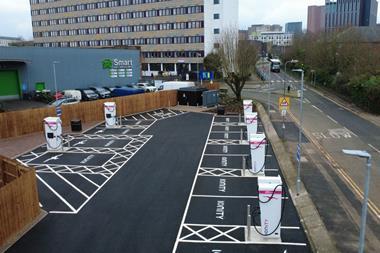






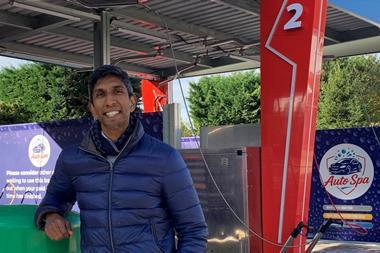
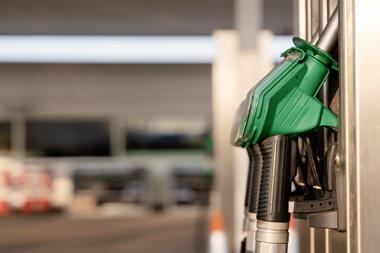
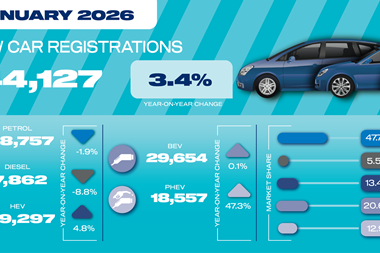
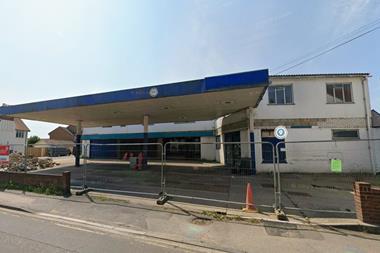
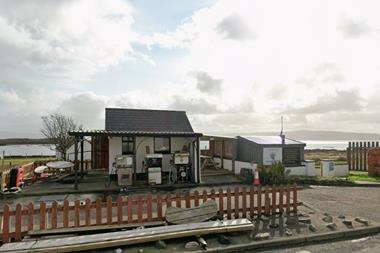
No comments yet